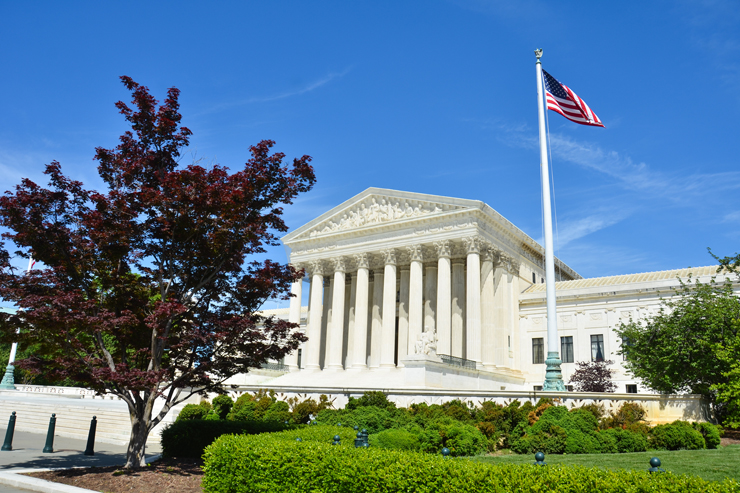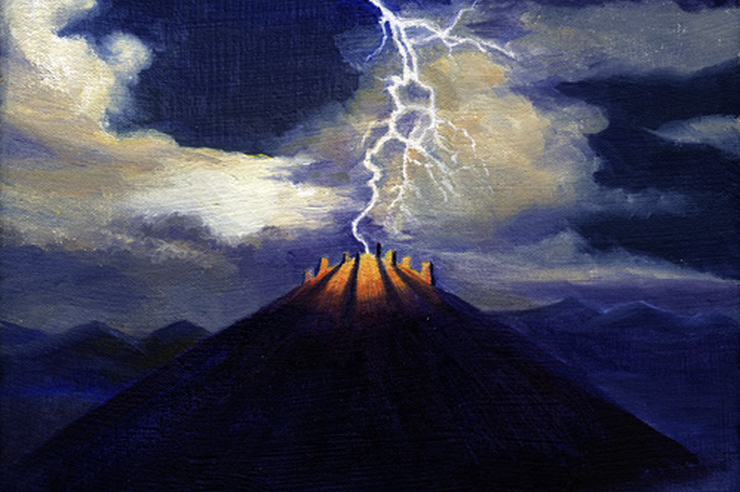
Mission Dolores Altar (San Francisco) Photograph © by Andy Coan
There is a very simple question we Christians should wrestle with at some point in our lives, indeed, we should wrestle with it continuously.
Do we Believe in a God of love? Do we really believe that the One who created the Universe, who holds the stars in place, who created and maintains the oceans knows each of us by name and truly loves us?
Can we take St John at his word when he writes in his First Letter?
“We have come to know and to believe in the love God has for us. God is love, and whoever remains in love remains in God and God in him.” (1 John 4:16)
John does not mince words here. He states clearly, we have come to “KNOW and have “BELIEVED” in this love God has for us. Can we say that for ourselves? Can we say that we not only know but that we truly believe in the Love of God?
Please don’t be too quick to answer; this question deserves some time for reflection. After all, if we can truly say that we believe the single most important attribute of the One who created all things, the One who created us for a definite purpose, if the Creator of all things has Love as His most important characteristic then all our problems and trials must be viewed in light of this reality. There is nothing that His Love cannot overcome in our lives—indeed:
“It bears all things, believes all things, hopes all things, endures all things. Love never fails.” (1 Corinthian 13:7-8a)
This does not mean that all our issues go away today or that we have no more struggles. But it does mean that in the eternal plan of the ONE, we are destined for an eternal embrace of the most complete fulfillment of joy, peace and consolation that we could ever (or truthfully could never actually) imagine.
But if we accept that we do not fully experience this today, then what is it that we do experience?
I heard an interesting reflection this past weekend that explained this well.
The presenter asked if anyone in the audience ever experienced a sense of dissatisfaction about his life, if anyone felt that maybe something was missing. After a collective nodding of heads indicating that everyone in the audience could understand a general absence of complete fulfillment in their lives, the speaker said, “Well good, then things are just as they ought to be.”
As the audience responded with confused looks to the speaker’s comment, he went on to explain that our condition in this life is one of accelerated anticipation. In other words, as we mature in life (yes, that means get older) we come to experience a growing dissatisfaction with the world and everything that is in it.
It is not that the pleasures our life gives us are not fulfilling in their own right, it is only that we come to understand that there is nothing in this life that will truly fulfill the deepest desires of our heart. Our hearts were created with infinite desires, and the world can only offer a finite fulfillment of them.
As we mature spiritually, we come to understand that the deepest desires of our hearts will only be filled by the experience of the love God has for us, and that we then in turn begin to experience for Him.
According to the great Philosopher and Theologian, St. Augustine, “Thou hast made us for thyself, O Lord, and our hearts are restless until they rest in thee.”
There is truly nothing in this world that will ever be able to fulfill our deepest desires. And, unfortunately, the degree to which we continue to look for our fulfillment in the circumstances or things of this world is the degree to which we will continue to experience this sense of emptiness and lack of fulfillment.
“For this reason I kneel before the Father, from whom every family in heaven and on earth is named, that he may grant you in accord with the riches of his glory to be strengthened with power through his Spirit in the inner self, and that Christ may dwell in your hearts through faith; that you, rooted and grounded in love, may have strength to comprehend with all the holy ones what is the breadth and length and height and depth, and to know the love of Christ that surpasses knowledge, so that you may be filled with all the fullness of God.” (Ephesians 3:14-19)
Let us all bow our knees before the Father and let us ask Him that He might grant us our true deepest desires—Himself.
Copyright © 2019 by Mark Danis
 Please share this post on Facebook and other social media below:
Please share this post on Facebook and other social media below:













